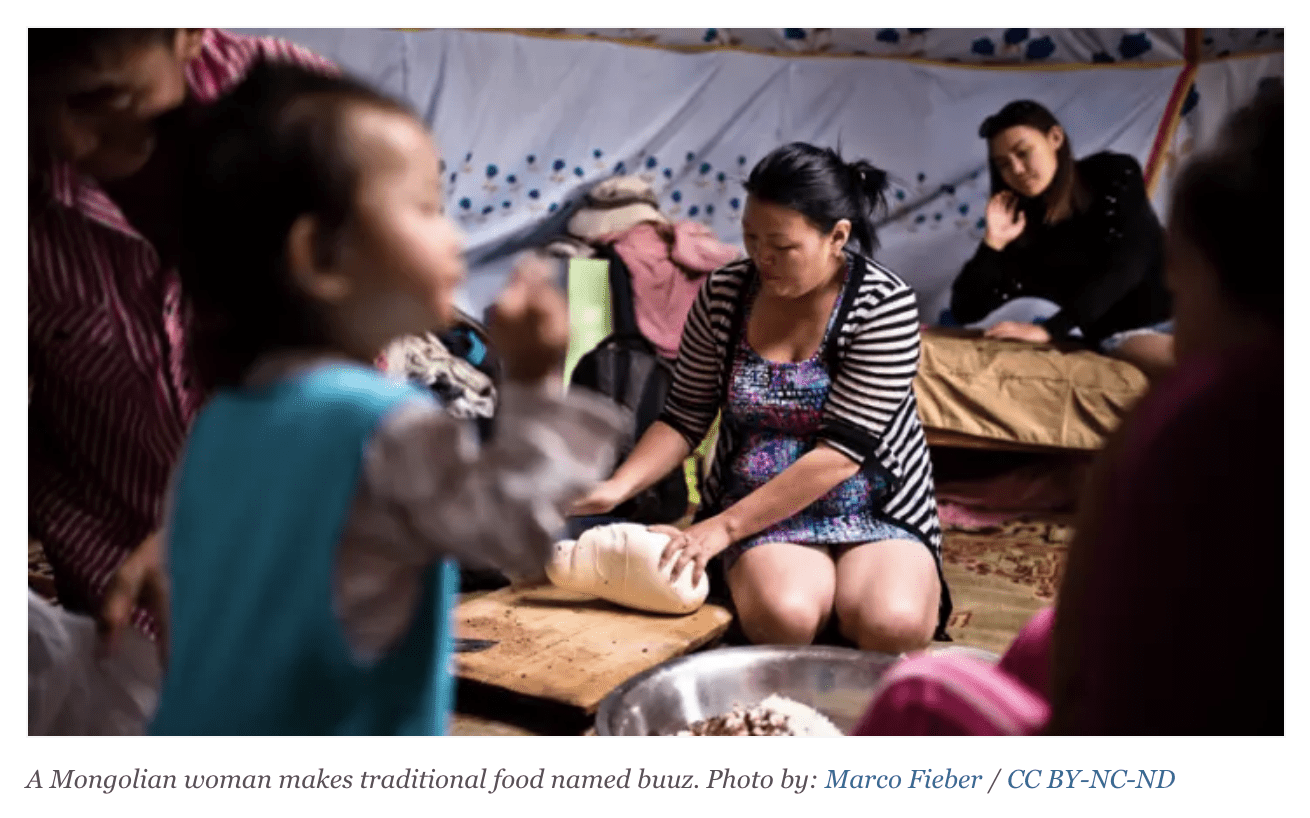By Kelli Rogers / devex
BANGKOK — Mongolia’s first nationwide survey on gender-based violence reveals high rates of violence against women across the East Asian country. One in 10 women experienced nonpartner sexual violence before the age of 15, and 1 in 4 women, regardless of her social and economic status, agreed that a husband may beat his wife if she is unfaithful, according to the national report published Thursday.
They are sobering statistics for a vast country where very little was previously known about the prevalence and patterns of VAW and domestic violence, according to Naomi Kitahara, country representative of the United Nations Population Fund’s Mongolia office, which provided technical support for the survey process.
“A lot of the violent behavior is happening in intimate partner relationships,” Kitahara told Devex. “That explains a lot, because the cultural context in Mongolia is such that women are expected to follow the decisions that the men take, so there is inherent gender inequality.”
Among married women or those with an intimate partner, nearly 60 percent experienced one or more forms of violence — whether physical, sexual, emotional, economic, or controlling behavior. More than 30 percent, meanwhile, have experienced physical and/or sexual violence in their lifetime.
A key feature of the study is that it explores acts of violence against women that would otherwise remain hidden behind closed doors. UNFPA worked to help Mongolia revise its stance on domestic violence, which is now classified as a criminal offense, but stubborn social norms still lead many people to perceive violence in the home as a personal problem.
Throughout the domestic violence policy consultations, “a lot of arguments that came from the public revolved around the idea that domestic violence is a domestic matter, a private matter, and therefore this should be settled within the family,” Kitahara said.
“Violence is hidden in society, and therefore budgeting and programs need to be fully allocated with these figures in mind.”
— Naomi Kitahara, UNFPA Mongolia country representative
This made Mongolia’s VAW data collection particularly sensitive, and underscored the need for enumerators to receive intensive, context-specific training. Ninety-five women enumerators, some of whom have been victims of violence themselves, trained for three weeks, before setting out across Mongolia’s rugged landscape to interview women from 7,860 households across all of the country’s 21 provinces. The enumerators not only learned how to correctly enter data into tablets, but also the best strategies to seek out private spaces to conduct confidential interviews — and importantly, how to support women who become emotional while sharing their stories.
Even the enumerators’ greeting and introduction of the survey was carefully taught and practiced first: “We didn’t say ... ‘this is a survey on gender-based violence.’ We said, it is ‘women’s life health and life experience.’ This is the kind of good practice and lesson learned that we have from other countries which have conducted similar types of surveys,” Kitahara explained of the potential for women to later be harassed or punished for answering sensitive questions.
For Kitahara, the new data offers concrete evidence that the scant police reports detailing just 1,120 domestic violence victims in 2017 represents severe underreporting. The survey estimated that closer to 118,000 women with partners experienced physical or sexual abuse in the past 12 months, and It’s likely the number of unreported cases is even higher if factoring in nonpartner violence.
“We knew there was very severe underreporting when we look at existing statistics,” Kitahara said. “Violence is hidden in society, and therefore budgeting and programs need to be fully allocated with these figures in mind.”
The survey differs from similar research conducted in other countries, by breaking data down to the provincial level — this required a larger sample size and a bigger investment. Kitahara considers it a vital aspect of the survey, to make more informed decisions on where to focus efforts in the future.
“I didn’t want to end with the completion of ... the report, but this data needs to be used for policymaking and program implementation,” she said of UNFPA’s ongoing project support.
Disaggregation by province allows the agency to prioritize programmatic implementation in VAW-prevalent provinces. Already, there are plans to establish one-stop service centers for victims of domestic violence, which will provide accessible legal, health, psychosocial, and police services to victims.
Kitahara would also like to see the establishment of multisectoral coordination structures within certain provinces, as well as communications and education campaigns — especially for youth.
Young people are the most affected group when it comes to nonpartner violence, according to the survey. Sixty percent of women who first had sex before age 15 were mainly forced, while 14 percent did so even though they didn’t want to. Psychological violence and controlling behavior also emerged as prevalent issues among teenagers.
“That’s an agenda item for us to address,” Kitahara said. “We need to really instill the concept of gender equality, respecting other people and diversity, human rights issues. We need to do a lot more on that.”



